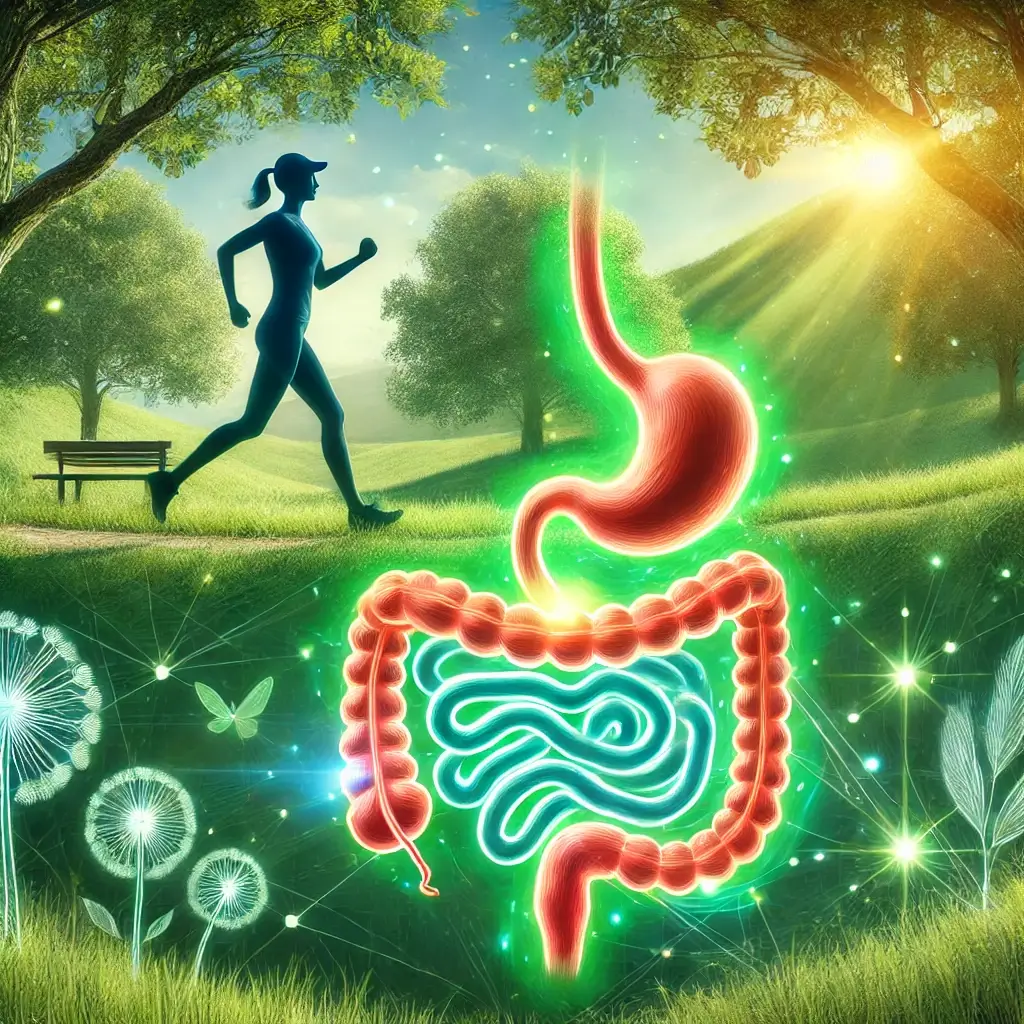Complete Recovery Plan: From BRAT Diet to Probiotics for Digestive Health
Understanding the Common Yet Uncomfortable Experience
Everyone experiences diarrhea at some point—it’s an unpleasant yet common part of life. Whether it hits after eating something questionable, during a bout of stress, or as your body reacts to an infection, occasional diarrhea can leave you feeling drained and frustrated. While it usually resolves within a few days, knowing how to manage it effectively can provide relief and help prevent complications like dehydration.
What Causes Diarrhea and Why it Matters
Diarrhea, defined by frequent, loose, or watery stools, often signals that your body is trying to flush out something it doesn’t want. This could be a virus, bacteria, or even food your digestive system struggles to handle. Although most cases are mild, it’s essential to know what steps to take and when to seek medical advice to protect your health.
Your Guide to Managing Digestive Discomfort
This guide is designed to offer simple, research-backed strategies for managing occasional diarrhea, helping you feel more in control and on the path to recovery.
The Critical Importance of Hydration
Dehydration is the most common complication of diarrhea, and it can make you feel even worse. When your body loses fluids and electrolytes, it needs them replaced quickly. A systematic review in the Cochrane Database of Systematic Reviews (2016) highlights the importance of oral rehydration therapy (ORT), which combines water, salt, and sugar to restore balance. Ready-made ORT solutions are available in most drugstores, but you can also make your own at home by mixing half a teaspoon of salt and six teaspoons of sugar in one liter of water.
Stick to clear fluids like water, broths, and herbal teas. Avoid sugary drinks, caffeine, and alcohol, which can irritate your digestive system and worsen symptoms. If dehydration signs appear—such as dry mouth, dizziness, or dark urine—focus on rehydration and seek medical help if symptoms persist.
Strategic Food Choices for Recovery
When dealing with diarrhea, your gut needs a break. This is where the BRAT diet—bananas, rice, applesauce, and toast—comes in handy. These bland, low-fiber foods are easy on your stomach and can help firm up stools. A 2017 study in Pediatrics International confirms that the BRAT diet is effective in the short term, though it should be paired with other nutrient-rich options once symptoms improve.
Here are some additional food tips:
Opt for plain crackers, oatmeal, or boiled potatoes as gentle alternatives.
Avoid fatty, spicy, or dairy-rich foods, which can aggravate symptoms.
Consider incorporating plain yogurt with live cultures for its probiotic benefits.
Keeping a food diary can also help you identify triggers. Some people find that artificial sweeteners or high-fat meals cause problems, while others react to specific spices or ingredients. A study in the American Journal of Clinical Nutrition (2020) underscores the importance of individualized dietary adjustments for managing digestive symptoms.
Understanding Probiotics and Gut Health
Probiotics, often called “good bacteria,” play a vital role in gut health. Research published in The American Journal of Gastroenterology (2017) shows that probiotics can reduce the duration and severity of diarrhea caused by infections or antibiotics. Strains like Lactobacillus rhamnosus GG and Saccharomyces boulardii have proven particularly effective.
You can get probiotics from supplements or foods like yogurt, kefir, and fermented vegetables. If you’re new to probiotics, consult a healthcare provider to choose the best option for your needs.
The Importance of Rest in Recovery
Diarrhea can leave you feeling physically and mentally drained, so it’s essential to give your body time to recover. Rest allows your immune system to focus on fighting off any underlying infection. If stress is a factor, practices like mindfulness, yoga, or gentle breathing exercises can help. According to Clinical Gastroenterology and Hepatology (2020), stress management significantly reduces gut-related symptoms, especially in conditions like irritable bowel syndrome (IBS).
Medication Options for Relief
Sometimes, a trip to the pharmacy can provide quick relief. Loperamide (Imodium) slows down bowel movements, making it useful for short-term symptom control. However, a 2021 review in the Journal of Clinical Pharmacy and Therapeutics cautions against using antimotility agents if you have a fever or bloody stools, as these could indicate a more serious condition.
When to Seek Professional Medical Help
Most cases of diarrhea resolve on their own, but it’s important to know when to seek medical help:
Symptoms last more than three days.
You experience severe dehydration (e.g., no urination, confusion, or rapid heartbeat).
Your stool contains blood or mucus.
You’ve recently traveled to a region with a high risk of foodborne illnesses.
Guidelines from the American Gastroenterological Association (AGA, 2023) recommend consulting a healthcare provider for persistent symptoms. Tests can identify infections, inflammatory conditions, or other underlying issues requiring treatment.
Your Path to Recovery
Occasional diarrhea may be uncomfortable, but it’s manageable with the right approach. Start by staying hydrated, focus on gentle foods like those in the BRAT diet, and consider probiotics to support gut health. Rest and avoid stressors to help your body heal. Over-the-counter medications can provide short-term relief, but always listen to your body and seek medical care if symptoms persist or worsen.
By taking these steps, you can manage occasional diarrhea effectively and bounce back to feeling your best.
Scientific Sources
Guandalini, S., et al. (2016). Efficacy of oral rehydration solutions for treating acute watery diarrhea: A systematic review and meta-analysis. Cochrane Database of Systematic Reviews, (4). Link
Guarner, F., et al. (2017). Probiotics for the treatment of acute infectious diarrhea. The American Journal of Gastroenterology, 112(2), 201–225. Link
Camilleri, M., et al. (2020). Stress and gut-brain axis disorders: Emerging understanding in clinical practice. Clinical Gastroenterology and Hepatology, 18(5), 996–1005.
Hall, C. E., et al. (2021). Antimotility agents for diarrhea management: Guidelines and safety. Journal of Clinical Pharmacy and Therapeutics, 46(3), 487–496.
Rao, S., et al. (2020). Diet and its influence on diarrhea management. American Journal of Clinical Nutrition, 111(1), 93–102.













